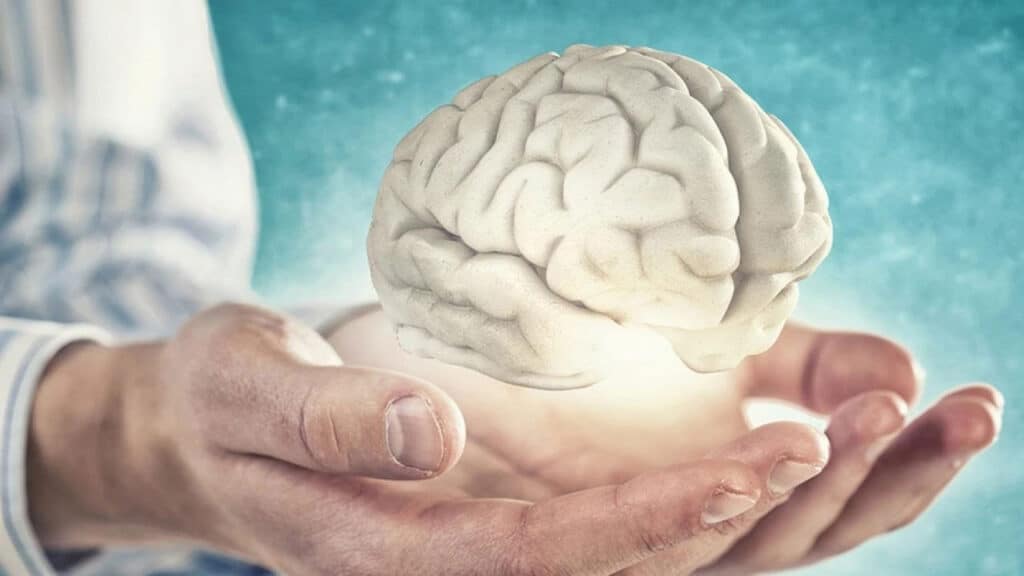Brains are complicated. Of course, pretty much every aspect of human bodies and health can be considered complicated, but the brain often seems exceptionally complicated. One consideration is its physical condition and performance, but there’s also a lot of less tangible psychological, social and emotional stuff. We’ve barely begun to scratch the surface.
In this spirit, August 2022 saw the World Health Organization launching a position paper (https://www.who.int/news/item/09-08-2022-launch-of-first-who-position-paper-on-optimizing-brain-health-across-life) acknowledging both the importance of the brain and its complexity. The aim was to try to optimize brain health across the entire life of a person.
This isn’t an easy thing to do. As the paper states, brain health involves an intersection of physical health, healthy environments, learning and social connection, safety and security, and access to quality services. It may sound like a lot, but the potential benefits are also numerous.
By attending to the needs of the brain from early life to old age, taking preventive and protective steps as well as treating after the fact, we could reduce the impact of addictions, neurological conditions such as Parkinson’s disease and mental health conditions such as depression. It could even have a knock-on effect on physical health in general.
This, in turn, will have impacts on society and culture, improving a host of different social and economic outcomes. When everyone is at their best, civilization as a whole benefits. That’s true both for those who do have illnesses and disorders of the brain and those who do not.
It’s not going to be an easy task ensuring everyone can have the best brain health. It will require a concerted effort from a lot of different authorities. Governments will need to consider it when making policy, scientists when planning and prioritizing research, and doctors when identifying, assessing and treating patients. And then there’s the individual, of course, who has to listen to all this and figure out how it affects them.
You might find the complexity of the brain overwhelming at times. I certainly do. But if we’re going to have the quality of life that we want, we need to try to understand how it works and how we can take care of it. Brain health isn’t just a subject for psychiatrists and neurologists trying to cure the diseases that are already here. It’s for everyone, from childhood, trying to secure their long-term wellbeing.




